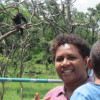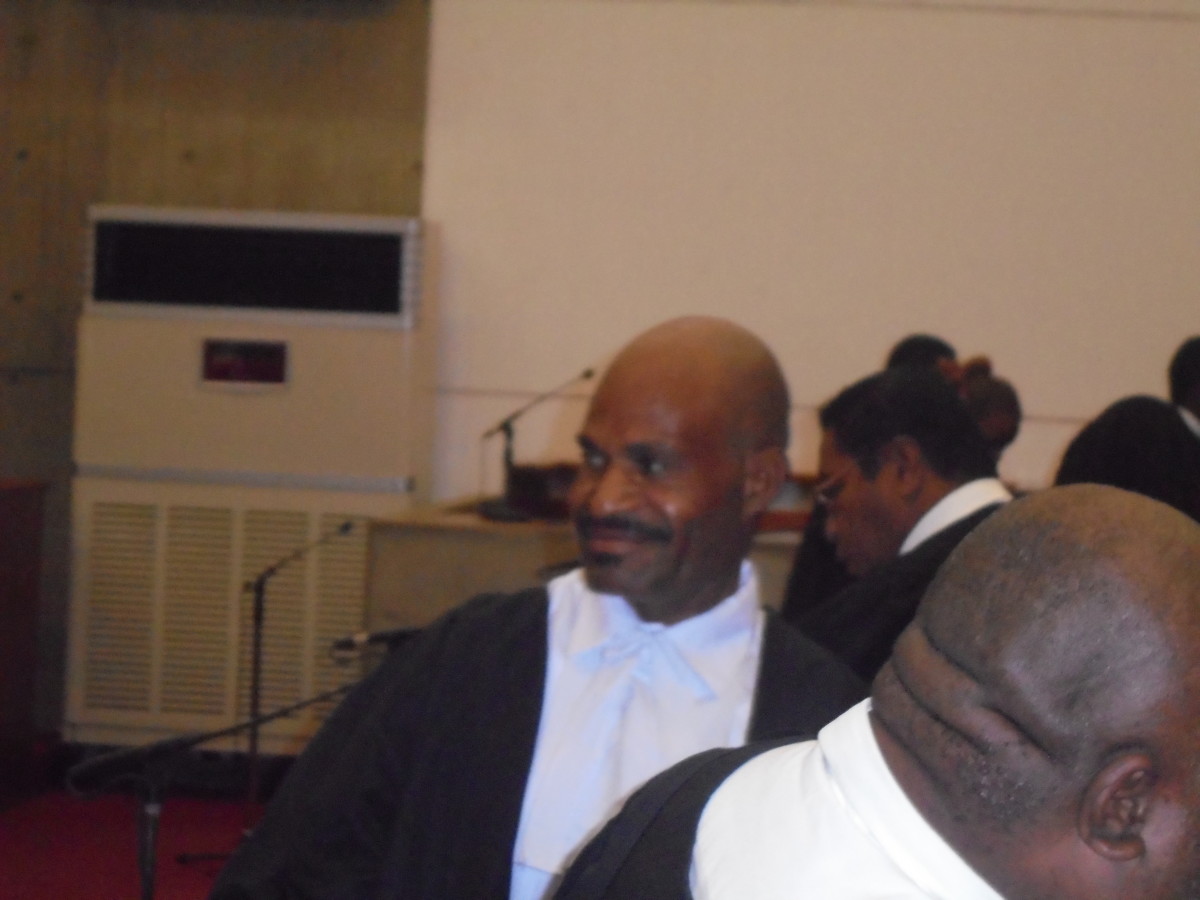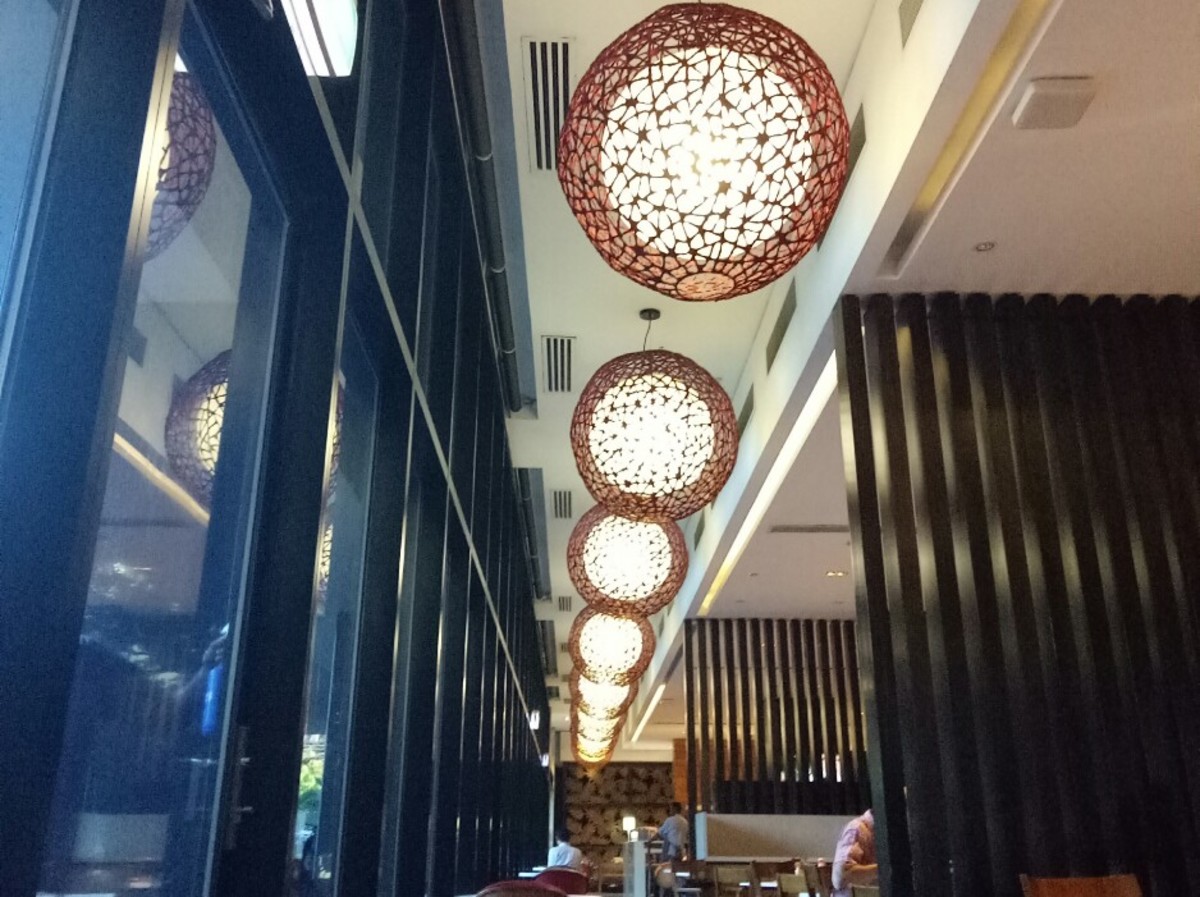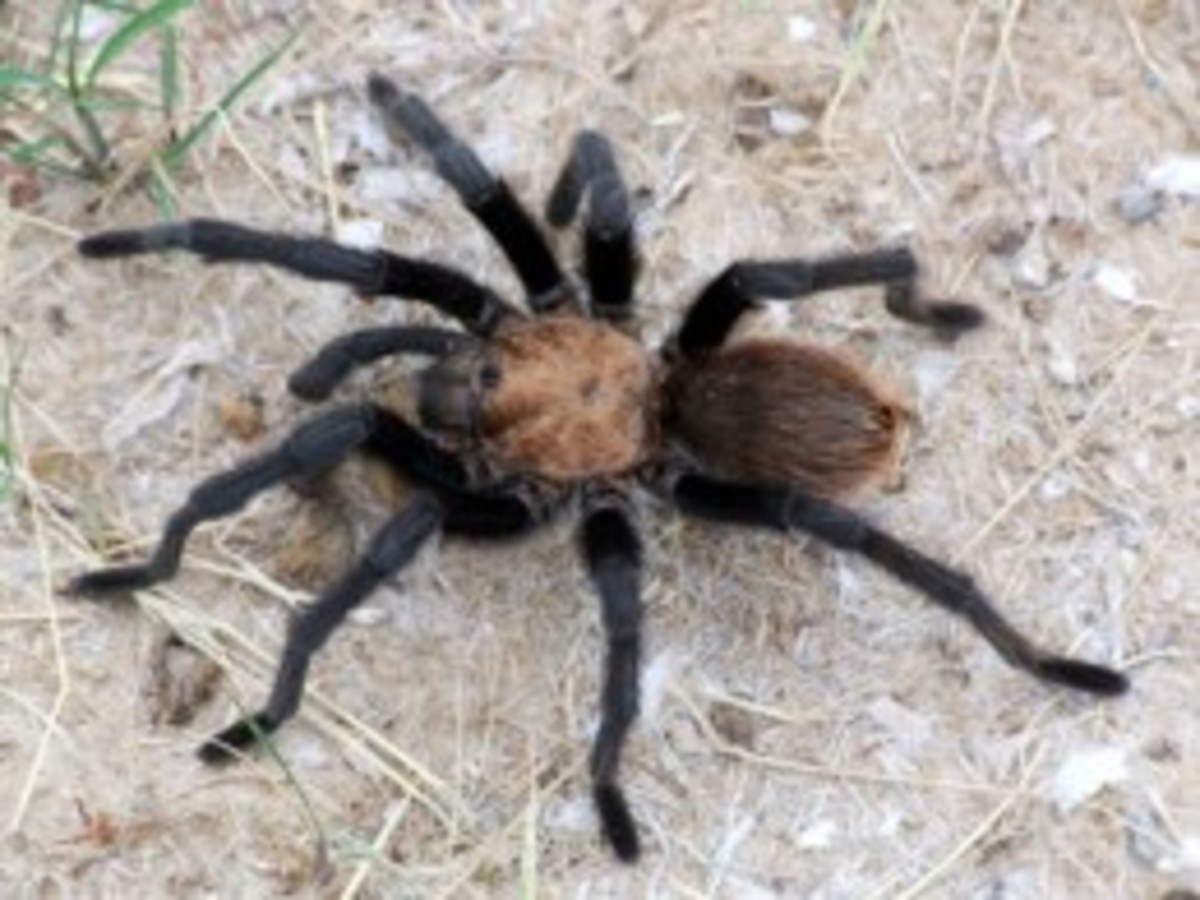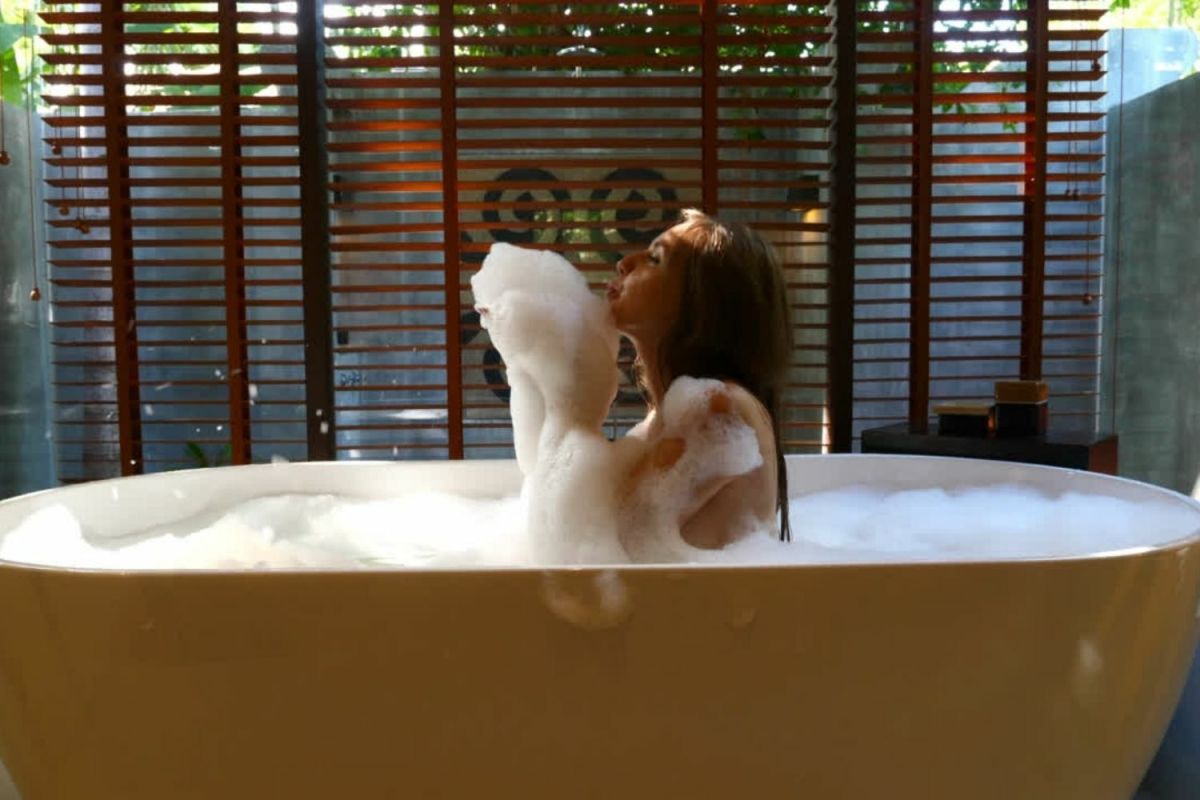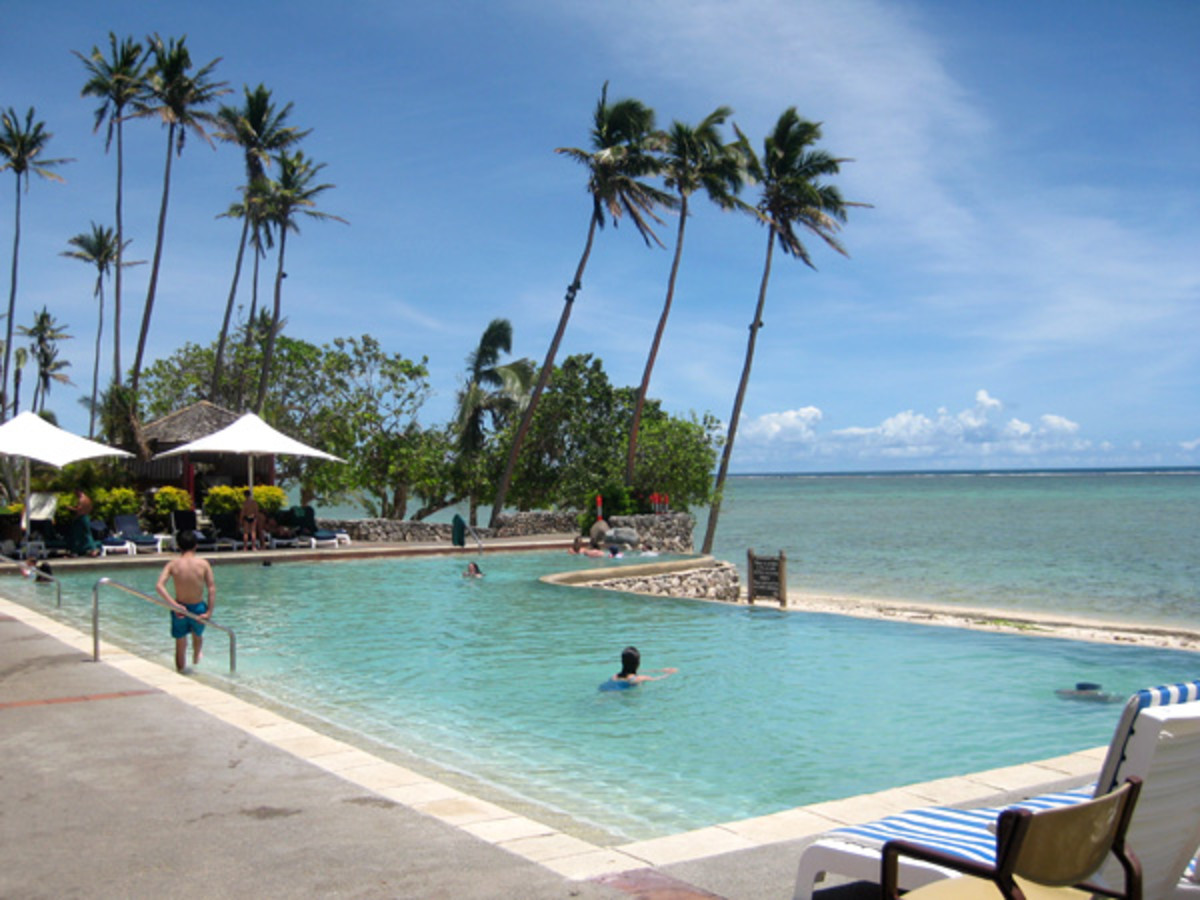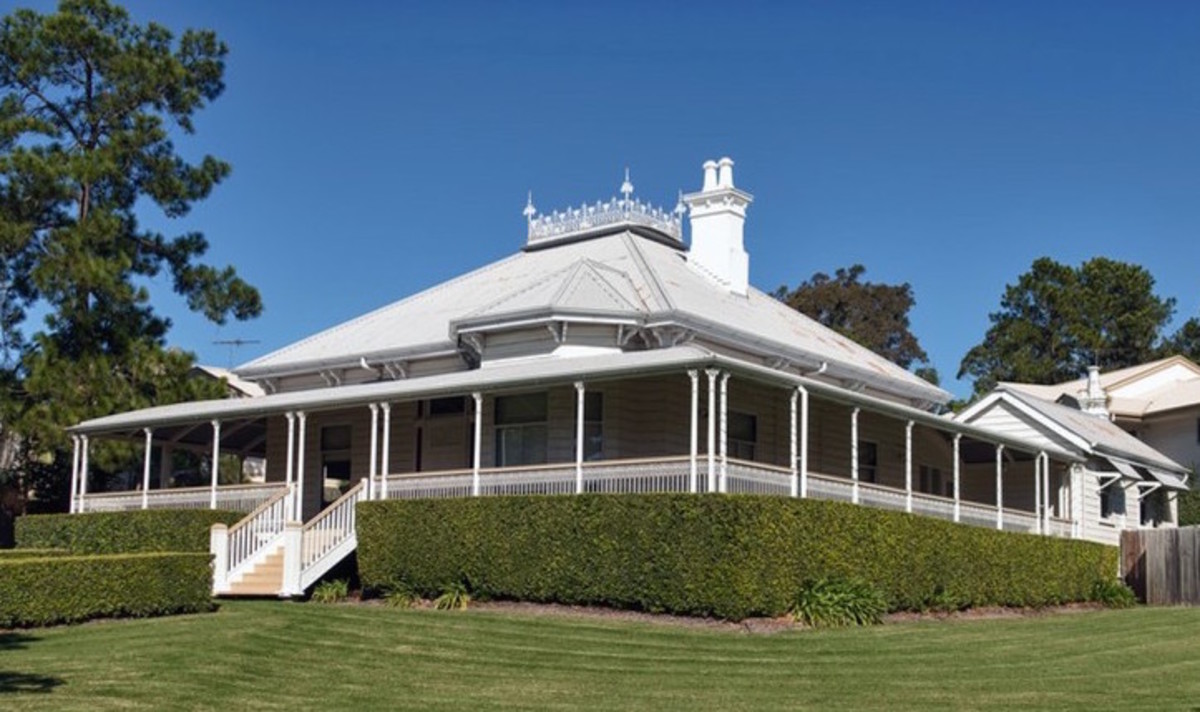Living in Rural Papua New Guinea-Why it is Less Stressful.
Living in Rural Papua New Guinea – Why Life is Less Stressful
In Papua New Guinea, about 80% of the population lives in rural areas. These are places with little or no urban development, where people survive through subsistence farming, hunting, fishing, and gathering. Roads are often poor or non-existent, and the main modes of travel are walking or paddling canoes. Towns or small stations may be hours away, yet people always return home after living in the cities.
This way of life is slowly changing, but for me, rural living remains the best choice. It is a lifestyle rooted in freedom, abundance, and tradition. Here are the reasons why I prefer living in rural Papua New Guinea.
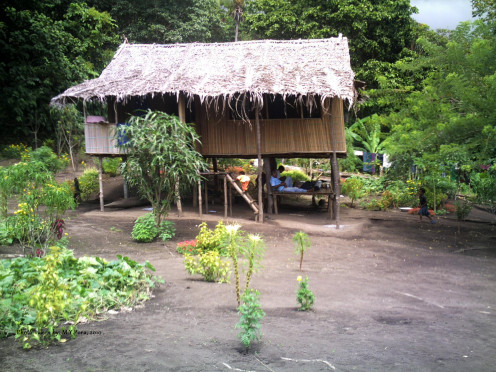
A Home That Costs Nothing
I live in a house built from natural materials gathered from the forest. I didn’t need to buy expensive land or attend college to learn construction—the knowledge has been passed down from my ancestors. Everything I need is free, and that makes my home priceless.
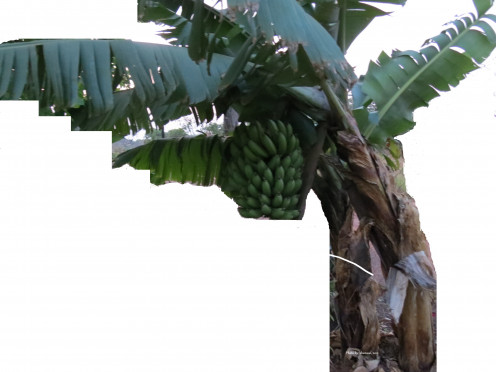
Fresh, Organic Food Everywhere
Food is abundant on the land and in the sea. Our gardens provide organic produce without fertilizers, while rivers and reefs offer fish, crabs, and shellfish. Even the forest gives us edible plants and fruits. I never have to worry about grocery bills—our food is healthy, fresh, and sustainable.
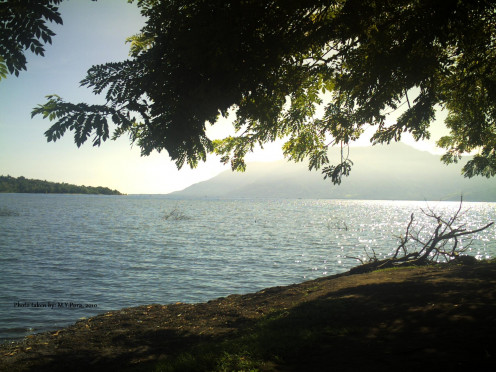
A Million-Dollar View for Free
I don’t need to pay for a seaside property or a luxury view. From my home, I can see the bay, untouched and unpolluted, with no ships or high-rise buildings blocking the horizon. Space is abundant, and peace is constant.
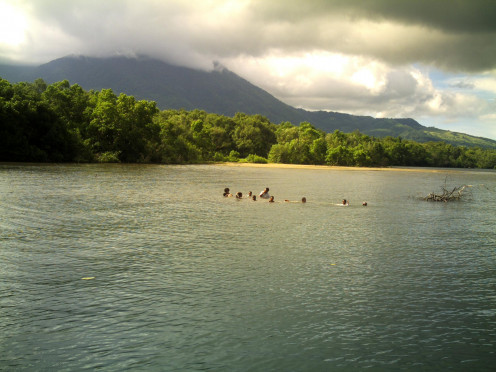
Clean, Private Beaches
The beach is my own. I don’t share it with thousands of tourists, nor do I face restrictions, rules, or pollution. No stormwater runoff, no litter—just clear blue water and soft sand. It’s a privilege to have such beauty so close to home.
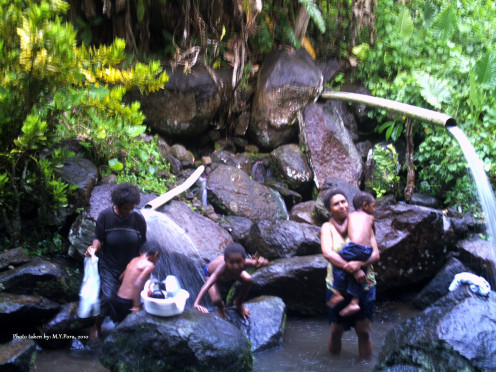
Pure, Free Water
My water is clean, natural, and free. It flows from underground springs, rivers, and streams, constantly refreshed by Papua New Guinea’s heavy rains. There are no bills for plumbing or treatment, and no worries about contamination.
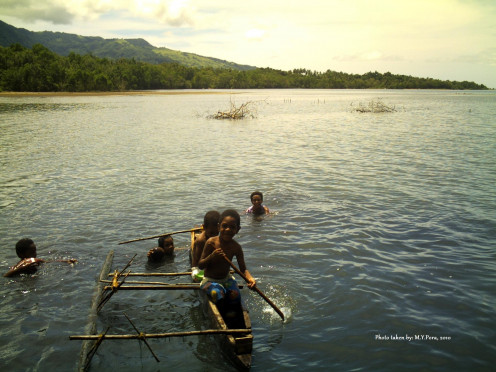
Endless Activities for Children
Children in the village never run out of things to do. They swim in rivers, climb trees, explore the bush, and play freely outside. There’s no need for expensive playgrounds, swimming pools, or long trips for entertainment. Nature provides everything, and I can watch them safely from home.
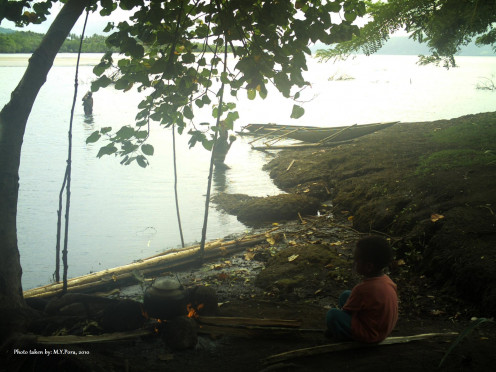
Cooking Without Electricity
I don’t rely on electricity to prepare meals. The forest supplies firewood, and cooking over open flames brings flavor and warmth. I don’t stress over electricity bills, wiring, or modern stoves. The small amount of smoke we produce is nothing compared to the pollution of factories and cars.
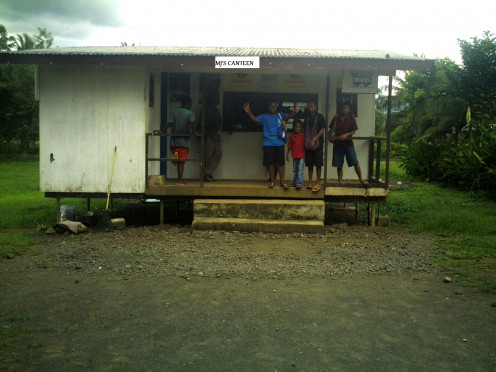
Simplicity Means Less Spending
There are no shopping malls or supermarkets to tempt me into unnecessary spending. If I have a little money, it lasts longer because there’s nowhere extravagant to waste it. Life is simpler, and so are my needs.
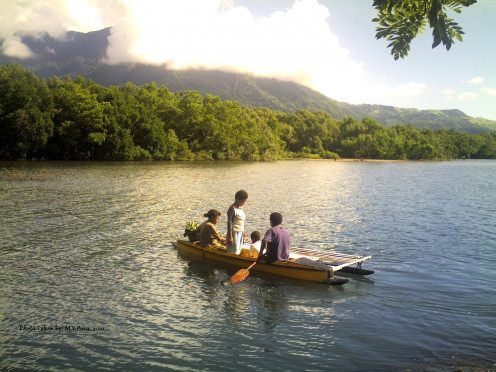
No Cars, No Traffic
With few roads in rural areas, I don’t need a car. I don’t worry about fuel costs, parking fees, or traffic jams. Instead, I walk or paddle a canoe to get where I need to go—and the result is a healthier, fitter lifestyle.
Conclusion
Urban life may offer modern conveniences, but it also comes with stress, expenses, and pollution. In contrast, rural Papua New Guinea gives me freedom, peace, and a strong connection to the land and sea. For me, this simple way of life is not only less stressful but also far more rewarding.
This content is accurate and true to the best of the author’s knowledge and is not meant to substitute for formal and individualized advice from a qualified professional.
© 2012 Vivianne Kanawi
